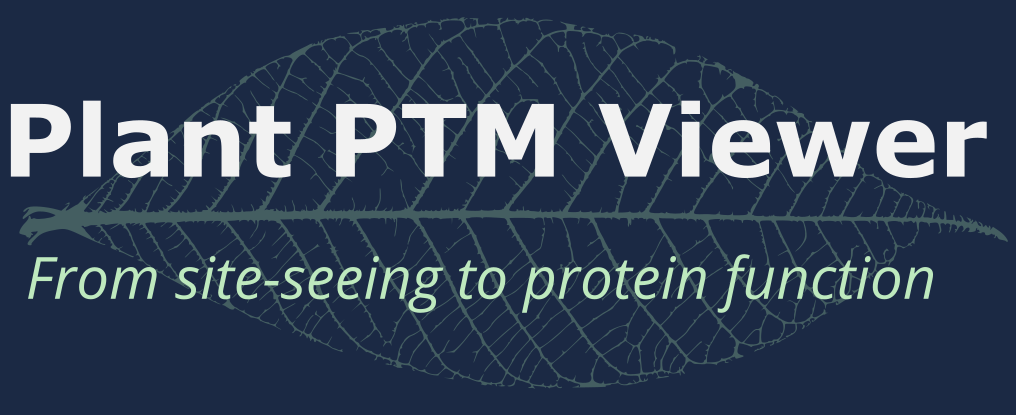Publication Information
Liang et al., 2020
No external accession available
Abstract
J Proteomics. 2020 Feb 20;213:103601. doi: 10.1016/j.jprot.2019.103601. Epub
2019 Dec 3.
Protein methylome analysis in Arabidopsis reveals regulation in RNA-related
processes.
Liang Q(1), Geng Q(1), Jiang L(1), Liang M(2), Li L(2), Zhang C(3), Wang W(4).
Author information:
(1)Biotechnology Research Institute, Chinese Academy of Agricultural Sciences,
Beijing 100081, China.
(2)Jingjie PTM BioLab (Hangzhou) Co.Ltd, Hangzhou 310018, China.
(3)Biotechnology Research Institute, Chinese Academy of Agricultural Sciences,
Beijing 100081, China. Electronic address: zhangchunyi@caas.cn.
(4)Biotechnology Research Institute, Chinese Academy of Agricultural Sciences,
Beijing 100081, China. Electronic address: wangweixuan@caas.cn.
Protein methylation has been proposed as an important post-translational
modification, which occurs predominantly on lysine and arginine residues. Recent
discoveries have revealed that protein methylation is also present on
non-histones besides histones, and plays critical roles in regulating protein
stability and function. However, proteome-wide identification of methylated
proteins in plants remains unexplored. Here, we present the first global survey
of monomethyl arginine, symmetric and asymmetric dimethyl arginine, and
monomethyl, dimethyl, trimethyl lysine modifications in the proteomes of
10-day-old Arabidopsis seedlings through a combination of immunoaffinity
purification and mass spectrometry analysis. In total, we identified 617
methylation sites which mapped to 412 proteins, with 263 proteins harboring 381
lysine methylation sites and 149 proteins harboring 236 arginine methylation
sites. Among them, 607 methylation sites on 408 proteins were novel findings.
Motif analysis revealed that glycine preferentially flanked methylated arginine
residues, whereas aspartate and glutamate enriched around mono- and dimethylated
lysine sites. Methylated proteins were involved in a variety of metabolic
processes, showing significant enrichment in RNA-related metabolic pathways
including spliceosome, RNA transport, and ribosome. Our data provide a global
view of methylated non-histone proteins in Arabidopsis, laying foundations for
elucidating the biological function of protein methylation in plants.
SIGNIFICANCE: Protein methylation has emerged as a common and important
modification both in eukaryotes and prokaryotes. The identification of
methylated sites/peptides is fundamental for further functional analysis of
protein methylation. This study was the first proteome-scale identification of
lysine and arginine methylation in plants. We found that methylation occurred
widely on non-histone proteins in Arabidopsis and was involved in diverse
biological functions. The results provide foundations for the investigation of
the protein methylome in Arabidopsis and provide powerful resources for the
functional analysis of protein methylation in plants.
Copyright © 2019 Elsevier B.V. All rights reserved.
DOI: 10.1016/j.jprot.2019.103601
PMID: 31809900 [Indexed for MEDLINE]

